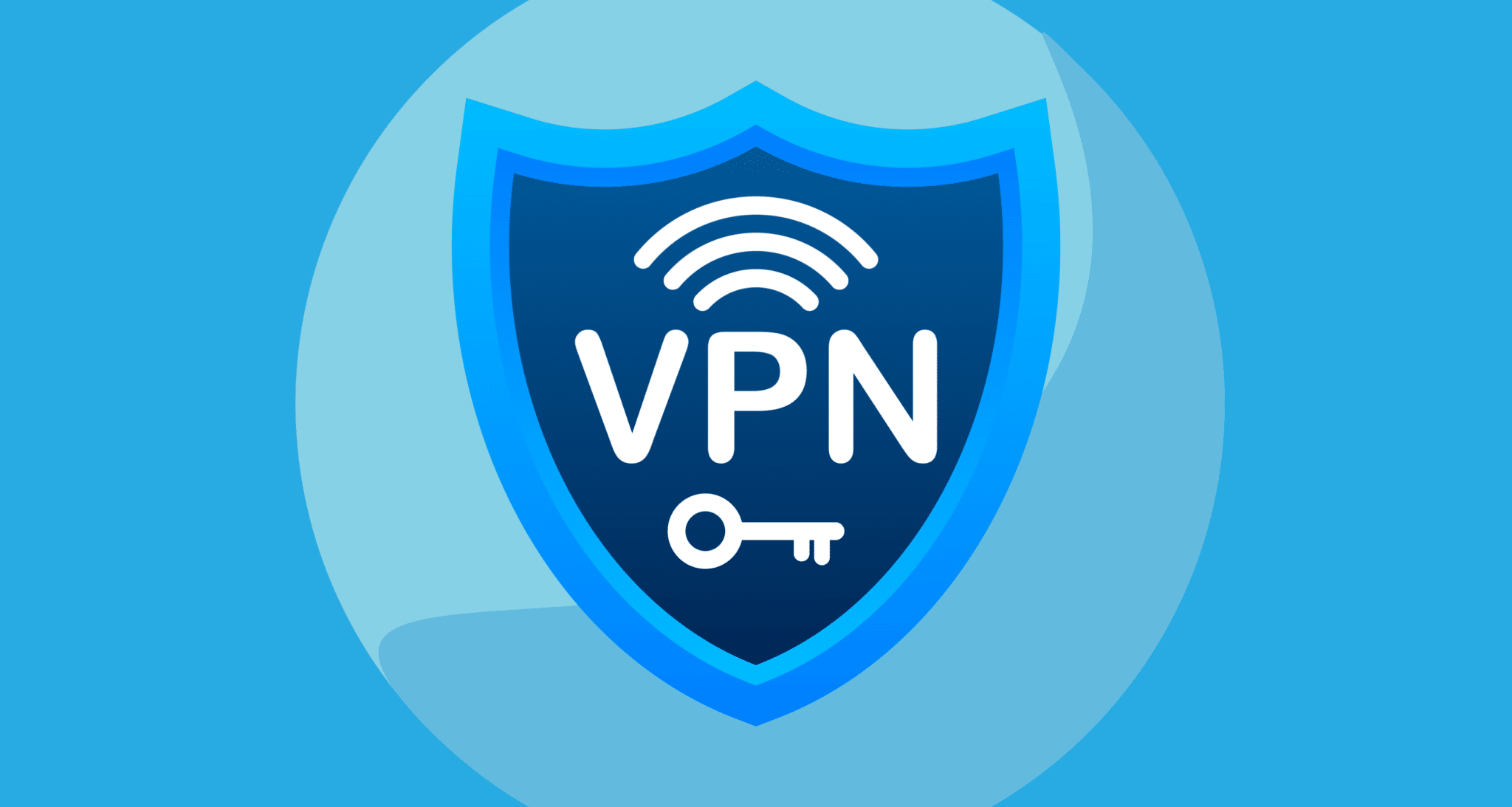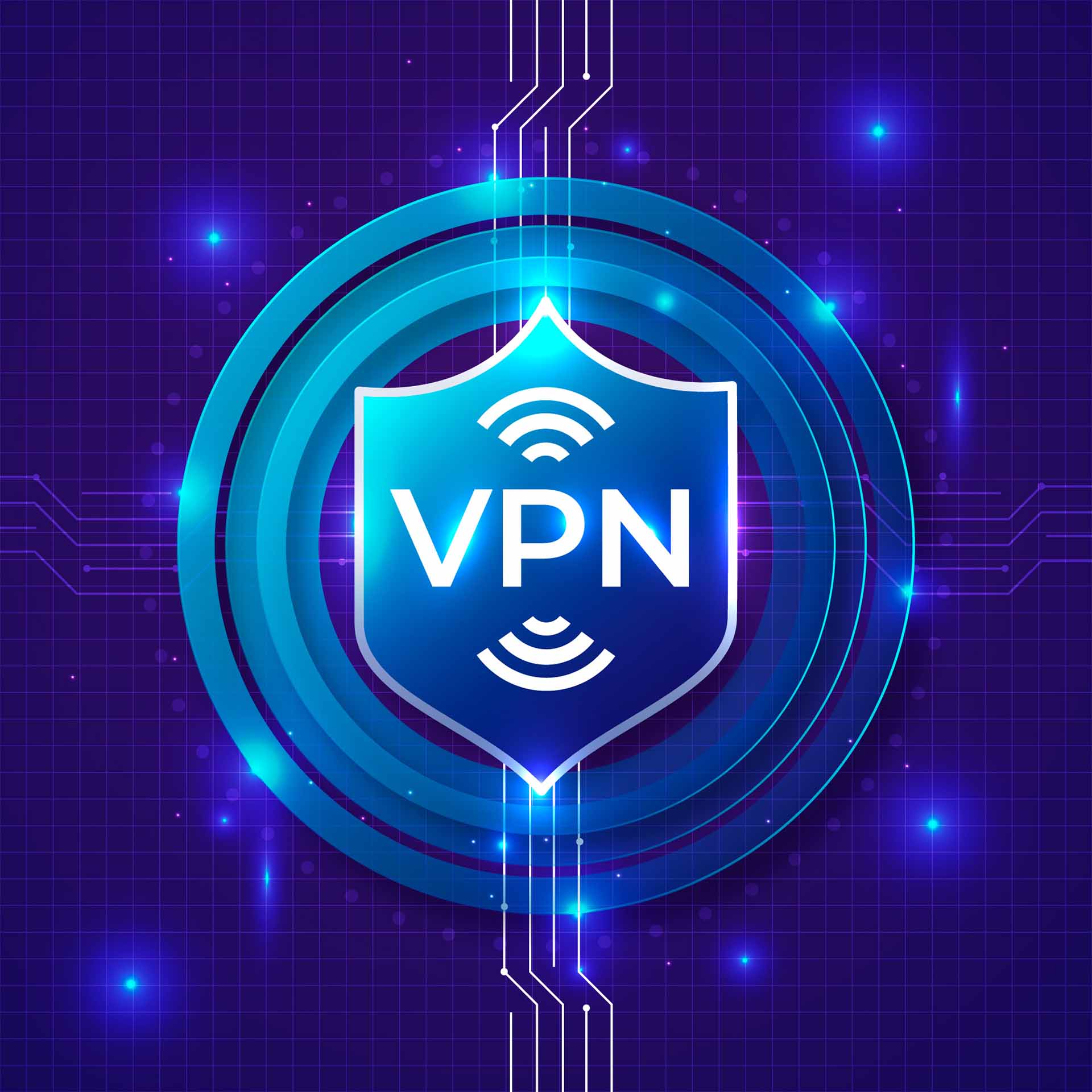The Ultimate Guide To VPNs: Understanding, Benefits, And Best Practices
Virtual Private Networks (VPNs) have become essential tools for internet users seeking privacy, security, and unrestricted access to online content. In today’s digital landscape, where data breaches and online surveillance are rampant, understanding how VPNs work and their advantages is crucial. This comprehensive guide will delve into the world of VPNs, exploring their functionalities, benefits, and best practices to ensure you choose the right one for your needs.
Whether you are a casual internet user, a business professional, or someone who values their online privacy, this article will equip you with the knowledge necessary to make informed decisions about VPN usage. By the end of this guide, you will have a deeper understanding of VPN technology, its applications, and how to use it effectively. So, let’s dive into the fascinating world of VPNs!
We’ll cover various aspects, including how VPNs work, their benefits, different types of VPNs available, and tips for choosing the right VPN service. Each section aims to provide you with valuable insights, ensuring you leave with a solid foundation on VPNs and their importance in today’s internet landscape.
- Understanding The Phenomenon Of Po Of Piddy A Deep Dive
- How Talk Is Riley Green The Rising Star Of Country Music
Table of Contents
- What is a VPN?
- How Does a VPN Work?
- Benefits of Using a VPN
- Types of VPNs
- Choosing the Right VPN
- Common Misconceptions About VPNs
- Best VPN Services
- Conclusion
What is a VPN?
A Virtual Private Network (VPN) is a technology that creates a secure and encrypted connection over a less secure network, such as the Internet. VPNs are used to protect private web traffic from snooping, interference, and censorship.
When you connect to the internet through a VPN, your data is routed through a secure server, which masks your IP address and encrypts your online activities. This makes it significantly more difficult for third parties, such as hackers or government agencies, to monitor your online behavior.
VPNs are widely used for various purposes, including securing sensitive data, bypassing geo-restrictions, and maintaining online anonymity. Understanding the basic functionality of a VPN is the first step toward realizing its potential benefits.
- Demi Lovato Height Everything You Need To Know About The Pop Icons Stature
- Exploring Lee Min Hos Relationships A Journey Through Love And Fame
How Does a VPN Work?
To understand how a VPN works, it’s essential to grasp a few key concepts:
- Encryption: VPNs use encryption protocols to secure your data, making it unreadable to anyone who intercepts it.
- Tunneling: A VPN creates a secure "tunnel" between your device and the VPN server, protecting your data from external threats.
- IP Address Masking: By connecting to the internet through a VPN server, your real IP address is hidden, and you are assigned a new one.
The process typically involves the following steps:
- You initiate a connection to a VPN server through VPN software.
- The VPN server authenticates your connection and establishes a secure tunnel.
- Your data is encrypted before being sent through the tunnel.
- Once your data reaches the VPN server, it is decrypted and sent to its final destination.
By utilizing these processes, VPNs provide users with a secure and private internet browsing experience.
Benefits of Using a VPN
Using a VPN offers numerous advantages, including:
- Enhanced Security: VPNs provide an additional layer of security, especially when using public Wi-Fi networks.
- Online Privacy: A VPN masks your IP address, making it harder for websites and advertisers to track your online activities.
- Bypass Geo-Restrictions: VPNs allow you to access content that may be restricted in your region, such as streaming services.
- Improved Anonymity: With a VPN, your online actions are more difficult to trace back to you, enhancing your anonymity.
These benefits make VPNs a popular choice for individuals and organizations looking to protect their online presence.
Types of VPNs
There are several types of VPNs available, each designed for specific purposes:
1. Remote Access VPN
This type of VPN allows users to connect to a private network from a remote location. It is commonly used by businesses to enable employees to access internal networks securely.
2. Site-to-Site VPN
Site-to-Site VPNs connect entire networks to each other, allowing multiple offices or locations to communicate securely. This is particularly useful for organizations with multiple branches.
3. SSL VPN
SSL VPNs use Secure Socket Layer (SSL) encryption to provide secure remote access to web applications. They are often used for secure browsing and accessing sensitive data.
4. MPLS VPN
Multi-Protocol Label Switching (MPLS) VPNs are typically used by larger organizations for connecting multiple sites. They offer high performance and reliability for data transmission.
Choosing the Right VPN
When selecting a VPN service, consider the following factors:
- Security Features: Look for encryption protocols, no-logs policies, and additional security features.
- Speed and Performance: Choose a VPN that offers fast connection speeds and reliable performance.
- Server Locations: Select a VPN with a wide range of server locations for better access to global content.
- Customer Support: Reliable customer support can be invaluable if you encounter issues with your VPN.
By evaluating these factors, you can find a VPN service that meets your needs and provides the best online experience.
Common Misconceptions About VPNs
There are several misconceptions surrounding VPNs that can lead to confusion:
- VPNs Are Only for Tech-Savvy Users: VPNs are user-friendly and can be used by anyone, regardless of technical expertise.
- VPNs Make You Completely Anonymous: While VPNs enhance privacy, they do not guarantee complete anonymity online.
- VPNs Slow Down Your Internet: While some VPNs may cause slight speed reductions, many high-quality VPNs offer fast connections.
Best VPN Services
When considering VPN services, some of the best options available include:
- ExpressVPN: Known for its speed and security features.
- NordVPN: Offers a large server network and strong privacy policies.
- Surfshark: A budget-friendly option with excellent performance.
- CyberGhost: User-friendly interface and good for streaming.
Researching and comparing these services will help you find the right VPN for your needs.
Conclusion
In summary, VPNs are essential tools for ensuring online privacy, security, and unrestricted access to content. By understanding how VPNs work, their benefits, and the types available, you can make informed decisions when choosing a VPN service that meets your specific needs.
We encourage you to explore the world of VPNs further, consider your online security needs, and select a VPN that will enhance your internet experience. Feel free to leave a comment below, share this article with others, or check out our other resources for more information on internet safety.
Final Thoughts
Thank you for taking the time to read this guide on VPNs. We hope you found the information valuable and insightful. Remember that in an increasingly connected world, protecting your online presence is more important than ever. We invite you to return for more articles and tips on internet security, privacy, and technology!
- Nathan Fillion A Comprehensive Look At The Life And Career Of The Beloved Actor
- Matthew Labyorteaux A Journey Through His Life And Career

The Importance of HIPAA Compliant VPN in Healthcare in Protecting

Vpn Security Risks and Best Practices PCI DSS GUIDE
Vpn icon illustration with shield. security shield sign in